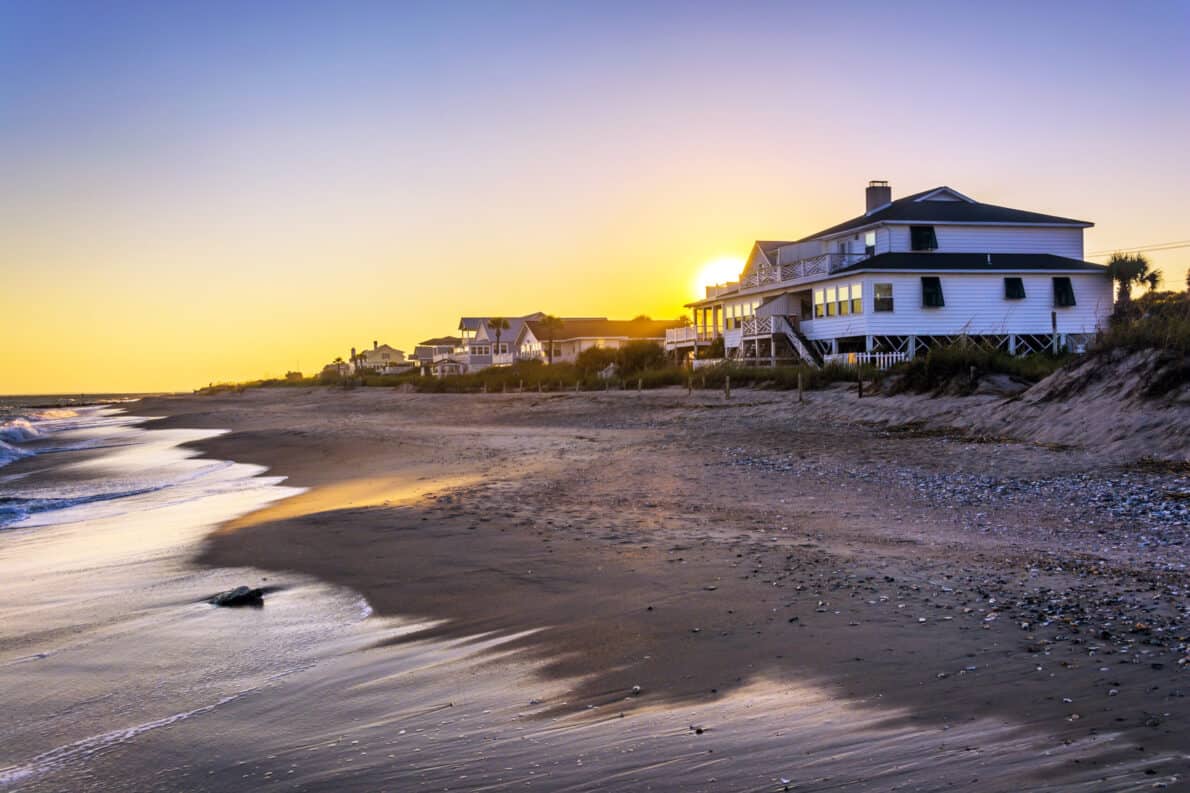
When you sell a business or investment property and you have a gain, you generally must pay capital gains tax on the gain at the time of the sale. Section 1031 of the Internal Revenue Code creates an exception, allowing you to defer the gain if you swap the old property for a new property as part of a qualifying like-kind exchange. It is important to note that Section 1031 applies only to exchanges of real property and not to exchanges of personal or intangible property.
To qualify for a 1031 Exchange, both the property sold, and the replacement property must be held for use in a trade or business or for investment. In the case of vacation homes, the question is whether the property is held for use in a trade or business or for investment or whether it is held exclusively for the personal use of the property owner.
Revenue Procedure 2008-16 creates a “safe harbor” under which the Internal Revenue Service (IRS) will not challenge whether a dwelling unit (defined as real property improved with a house, apartment, condominium, or similar improvement that provides basic living accommodations including sleeping space, bathroom, and cooking facilities) qualifies as property held for productive use in a trade or business or for investment. In other words, if you meet the ownership and use requirements of Rev. Proc. 2008-16, the property will qualify for a 1031 Exchange.
Under Rev. Proc. 2008-16, the IRS will not challenge whether property sold or a replacement property qualifies for a 1031 Exchange if:
1. The property sold was owned by the property owner for at least 24 months immediately prior to the sale, and the replacement property is owned for at least 24 months immediately after the sale (such 24-month periods are referred to as the “qualifying use period”); and
2. Within each of the two 12-month periods which make up the qualifying use period:
(a) The property owner rents the property to another person or persons at a fair rental for 14 or more days; and
(b) The property owner’s personal use of the property does not exceed the greater of 14 days or 10% of the number of days the property is rented out.
The safe harbor provided in Rev. Proc. 2008-16 is just one of many things to consider when satisfying the requirements of a 1031 Exchange.
If you are contemplating a 1031 exchange or have questions about whether your property qualifies for a 1031 exchange, contact Payton Hostens at [email protected].

